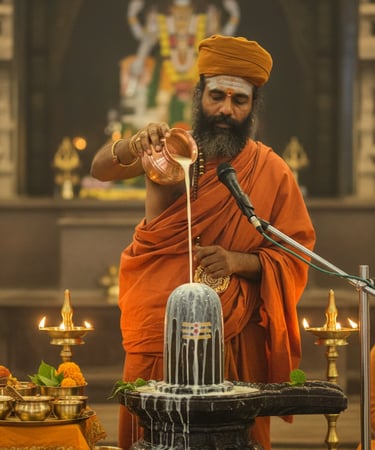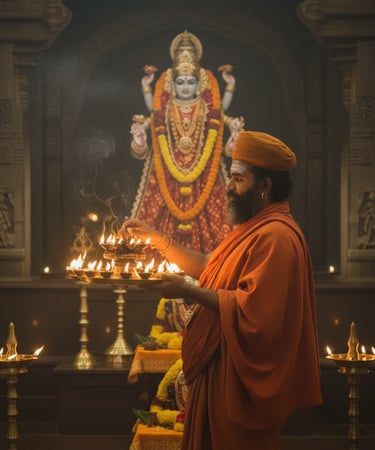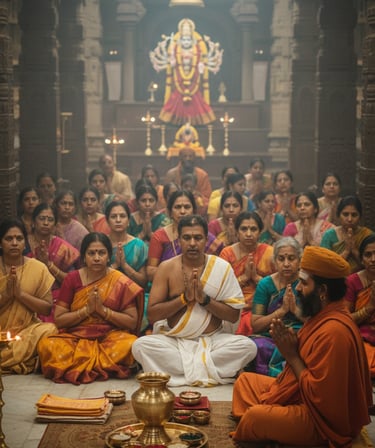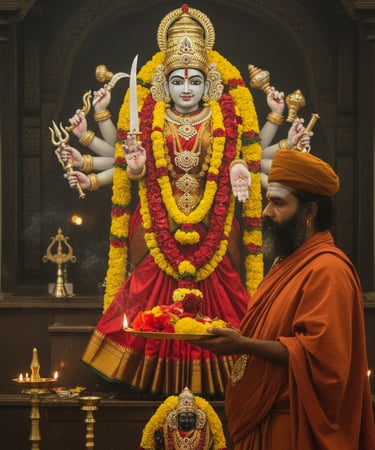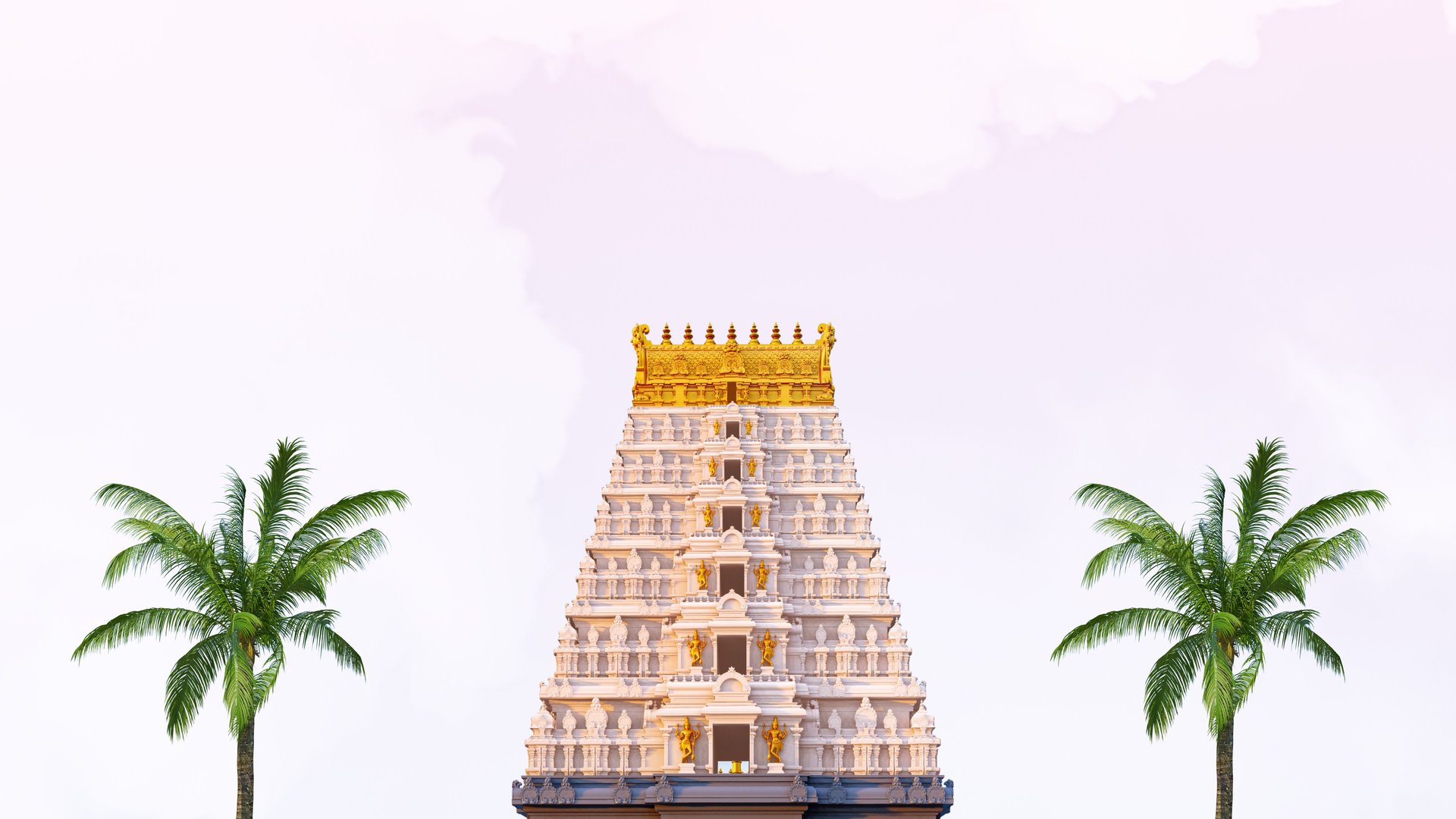
Shree Raja Rajeshwar Devasthan
A timeless centre of devotion, spiritual awakening, and Sanatana Dharma
A Sacred Center of Faith, Culture & Heritage
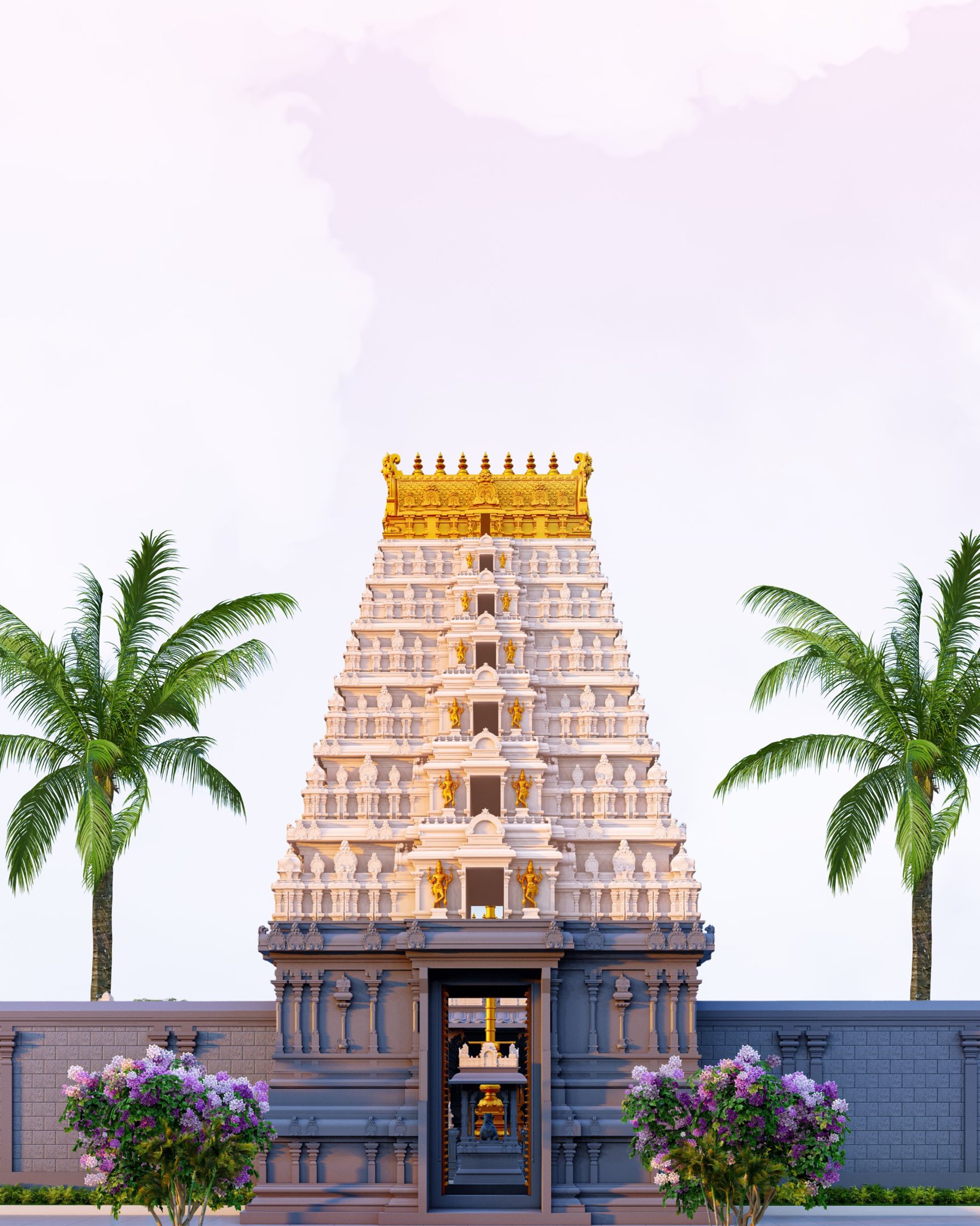
Shree Raja Rajeshwar Devasthan
A timeless centre of devotion, spiritual awakening, and Sanatana Dharma
A Sacred Center of Faith, Culture & Heritage
About the Devasthan Foundation
The Devasthan Foundation is a spiritual, cultural, and charitable trust established with the vision of reviving India’s ancient Shaiva Siddhanta tradition and preserving the timeless legacy of Sanatan Dharma through the construction of the Shree Raja Rajeshwar Devasthan in Maharashtra.
Presiding Deities
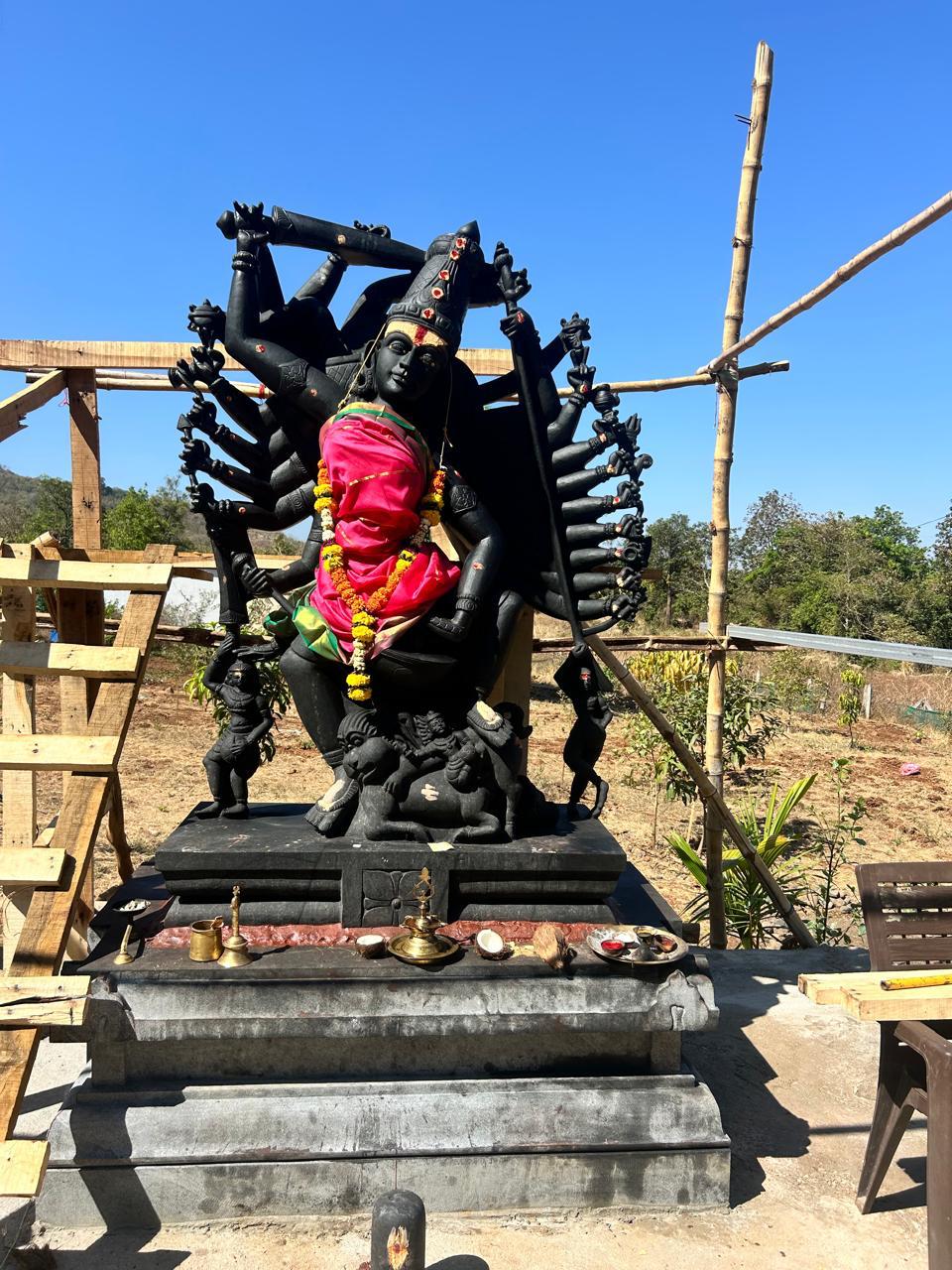

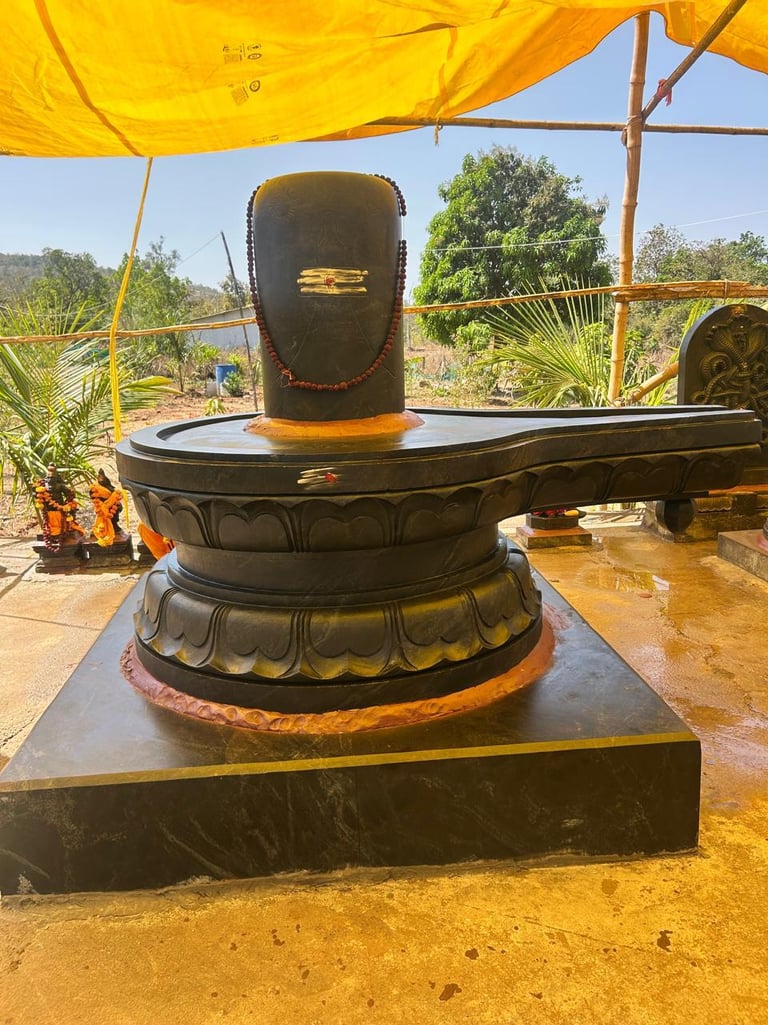

Chandika Devi
Lord Shiva
Chandika Devi is a powerful form of Goddess Durga, symbolizing divine strength and protection. She is worshipped as the destroyer of evil and the upholder of dharma, revered for her courage, compassion, and motherly grace. Chandika Devi is often associated with victory over negativity and granting strength, peace, and prosperity to her devotees.
Lord Shiva is one of the principal deities of Hinduism, known as the Destroyer and Transformer within the Trimurti. He represents supreme consciousness, inner peace, and spiritual power. Worshipped as Mahadev, Shiva symbolizes balance between creation and destruction, meditation and action, compassion and strength.
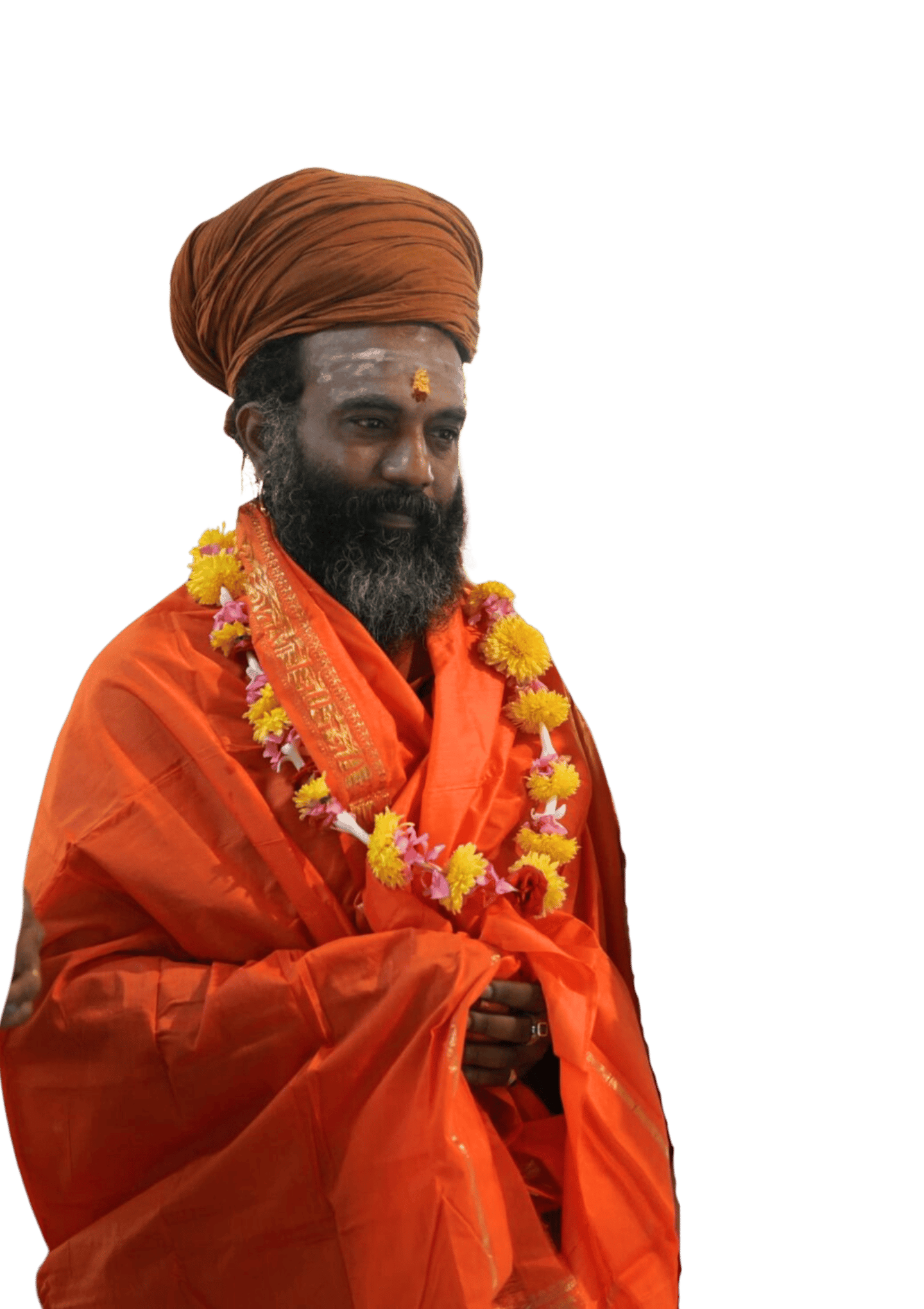

Divinity lies in silent shadows and in the mysticism of our dreams.
Divinity often reveals itself in silence — in the quiet corners of our dreams and the unseen depths of our consciousness. When the mind pauses and the soul awakens, even a simple glimpse of nature can stir a profound sense of higher truth. This sacred feeling draws us away from fleeting worldly desires and gently guides us toward inner peace. It is a state where one learns to exist in both worlds — fulfilling worldly responsibilities while discovering the joy of selfless giving and spiritual awareness.
Mahant sri Amarnath Swami (Aadheenam Shree Raja Rajeshwar Devasthan)


Divinity lies in silent shadows and in the mysticism of our dreams.
Divinity often reveals itself in silence — in the quiet corners of our dreams and the unseen depths of our consciousness. When the mind pauses and the soul awakens, even a simple glimpse of nature can stir a profound sense of higher truth. This sacred feeling draws us away from fleeting worldly desires and gently guides us toward inner peace. It is a state where one learns to exist in both worlds — fulfilling worldly responsibilities while discovering the joy of selfless giving and spiritual awareness.
Mahant Sri Amarnath Swami
(Aadheenam Shree Raja Rajeshwar Devasthan)
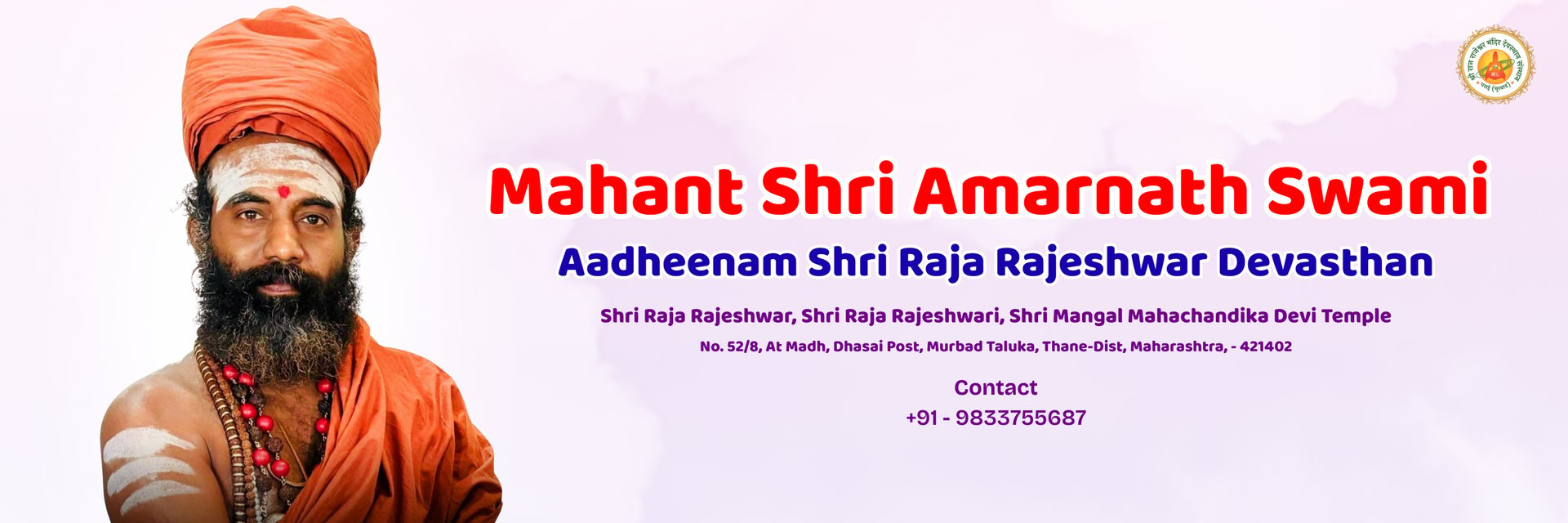
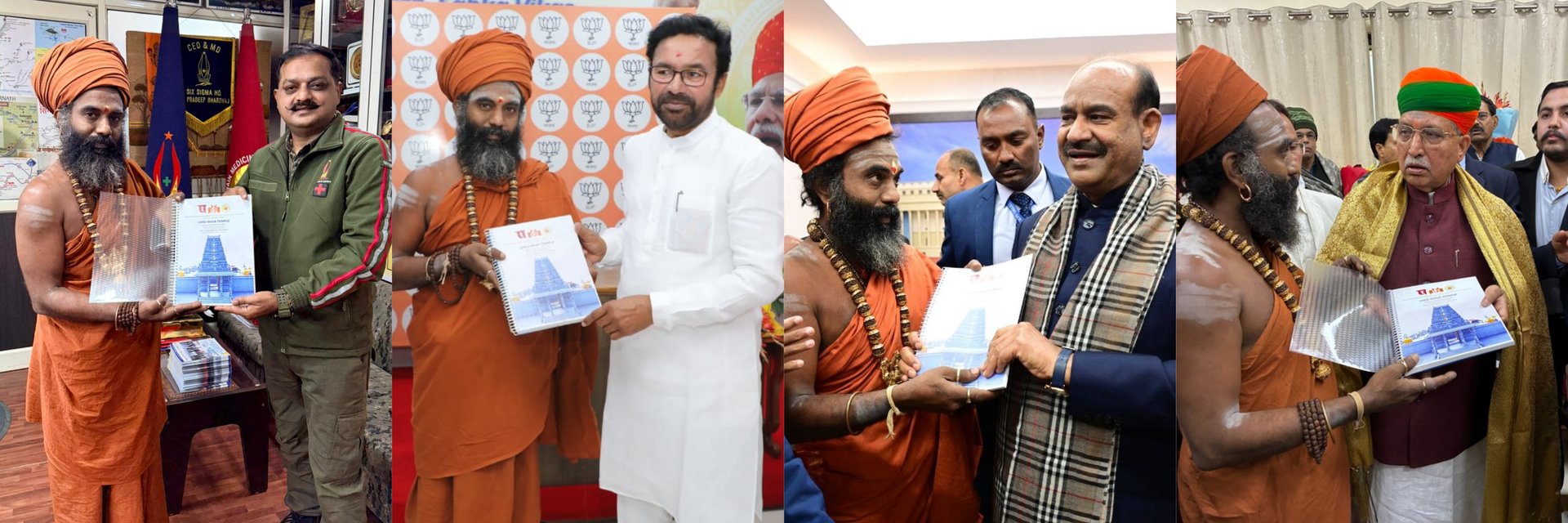

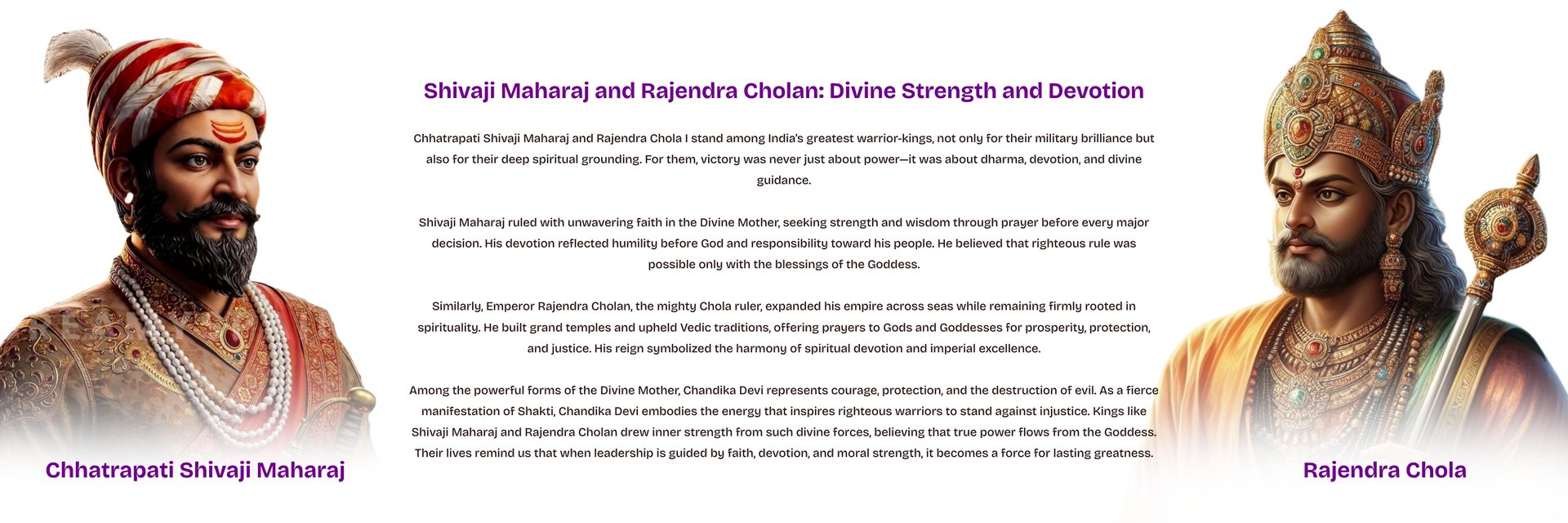
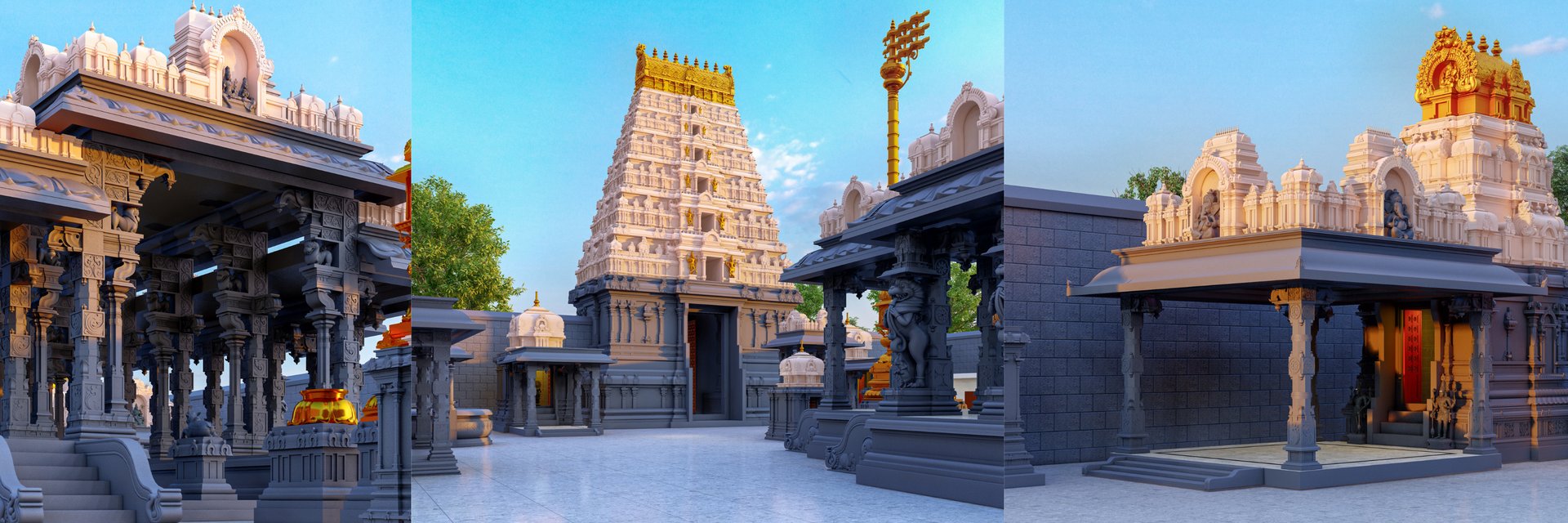
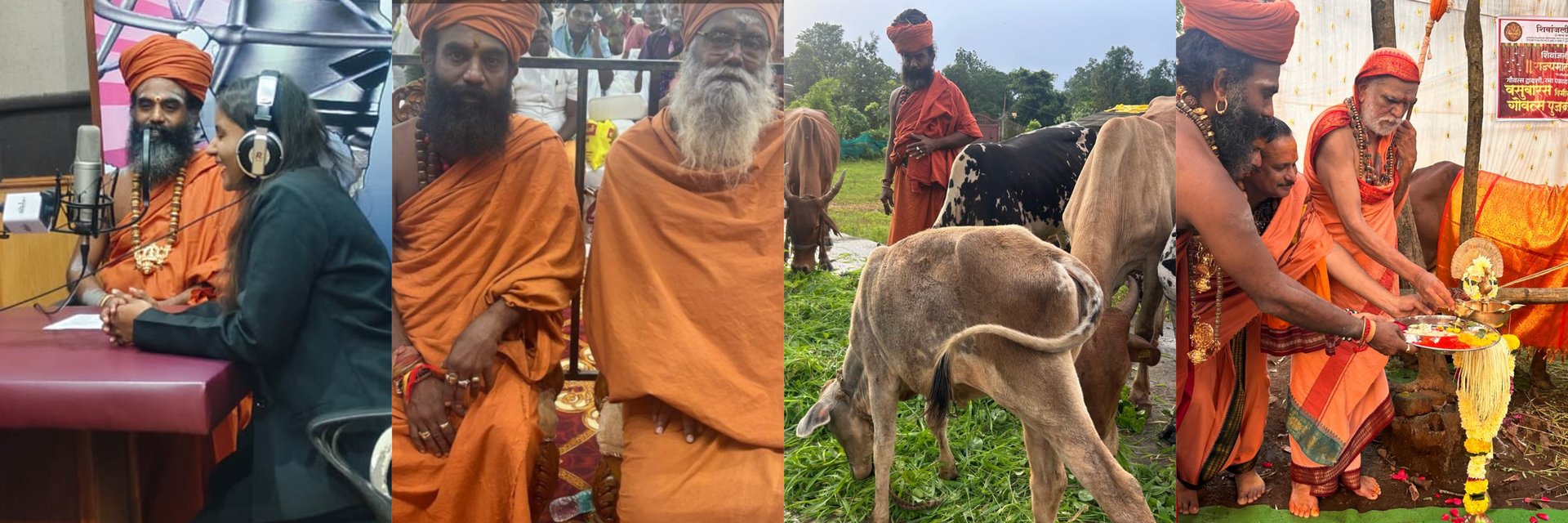

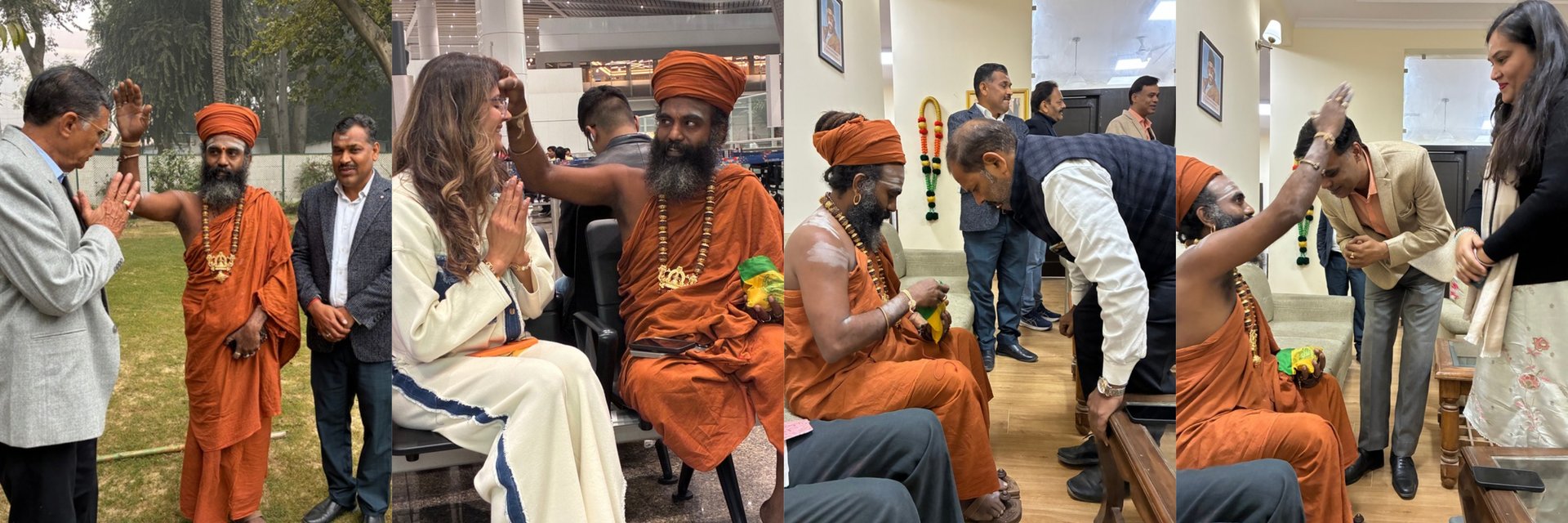

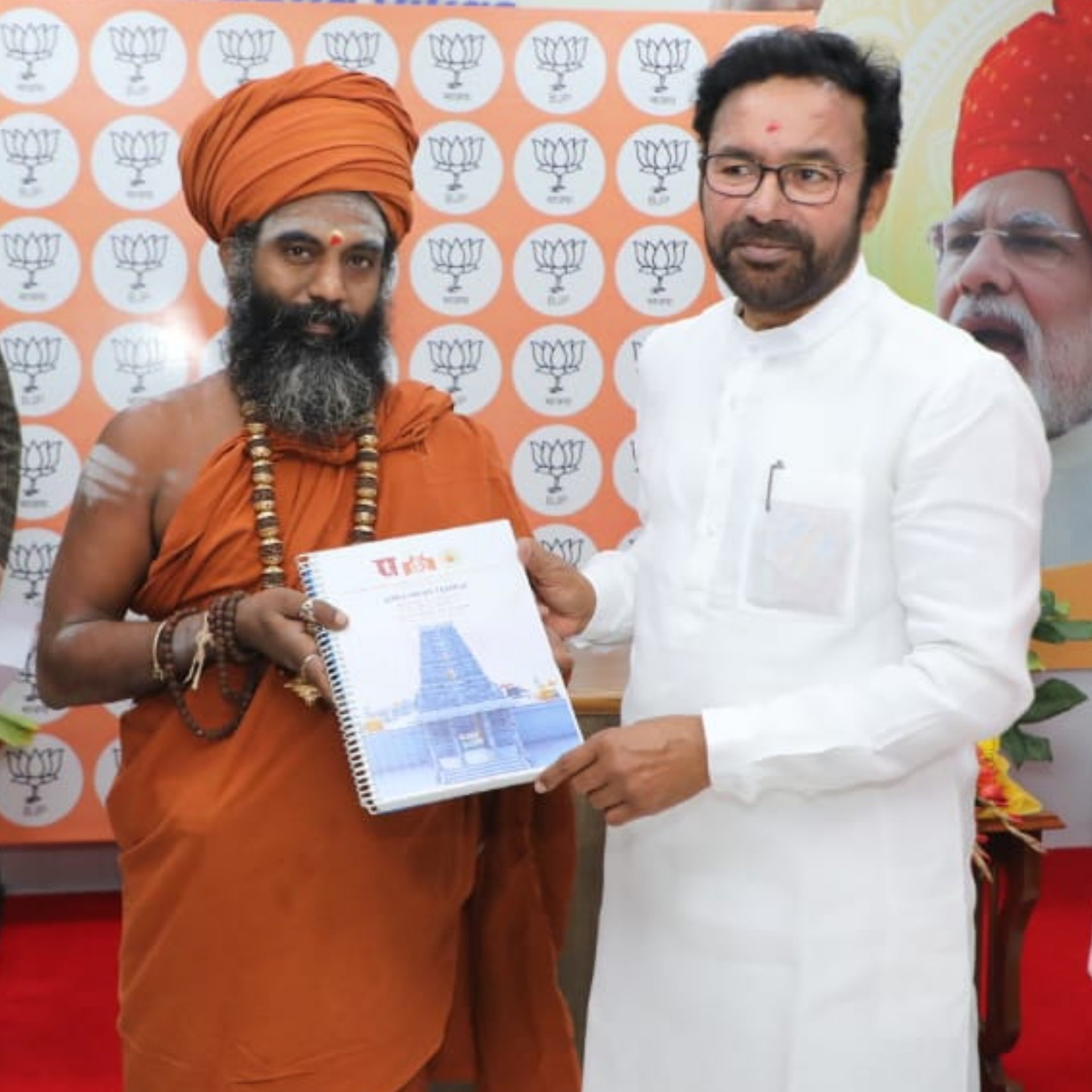

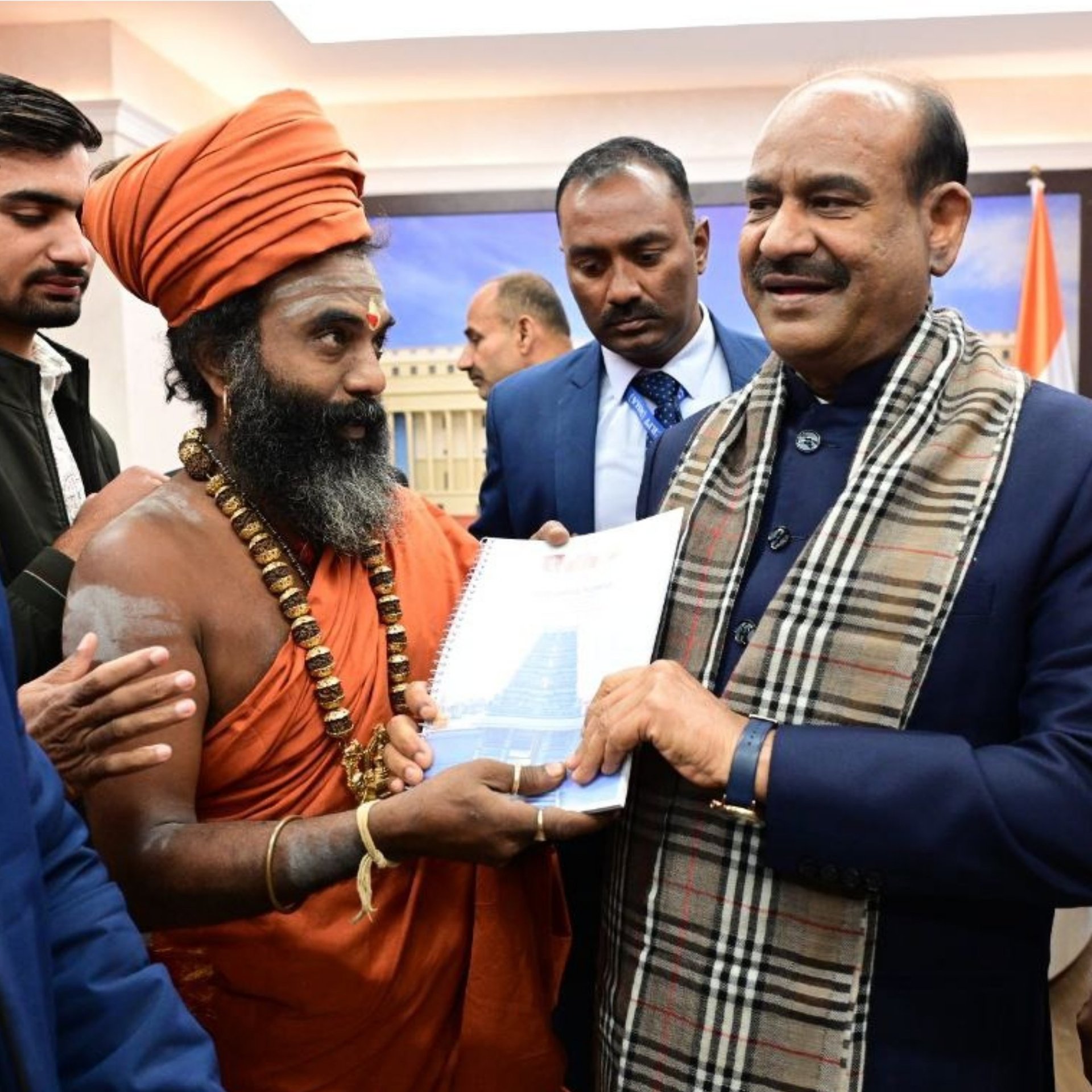
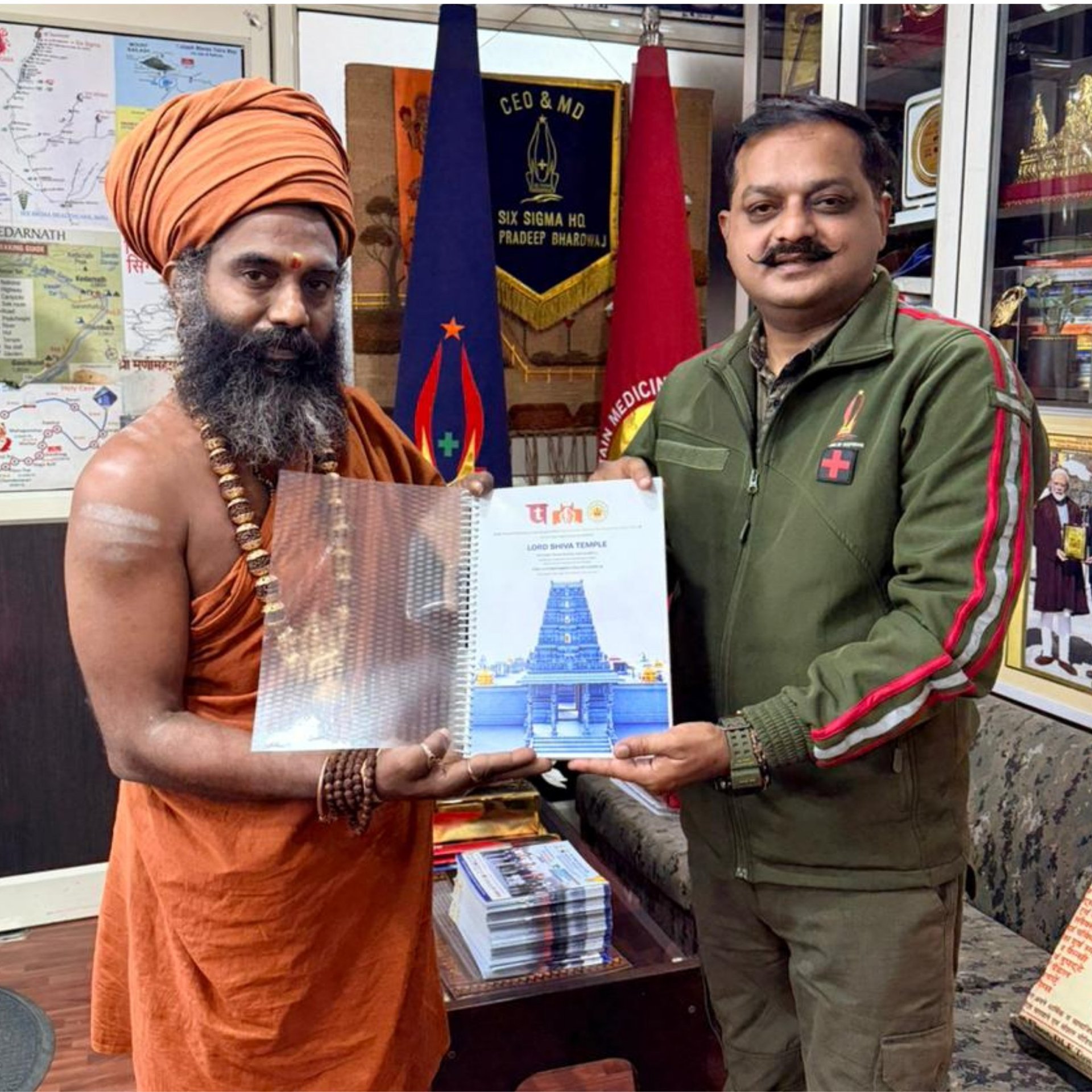
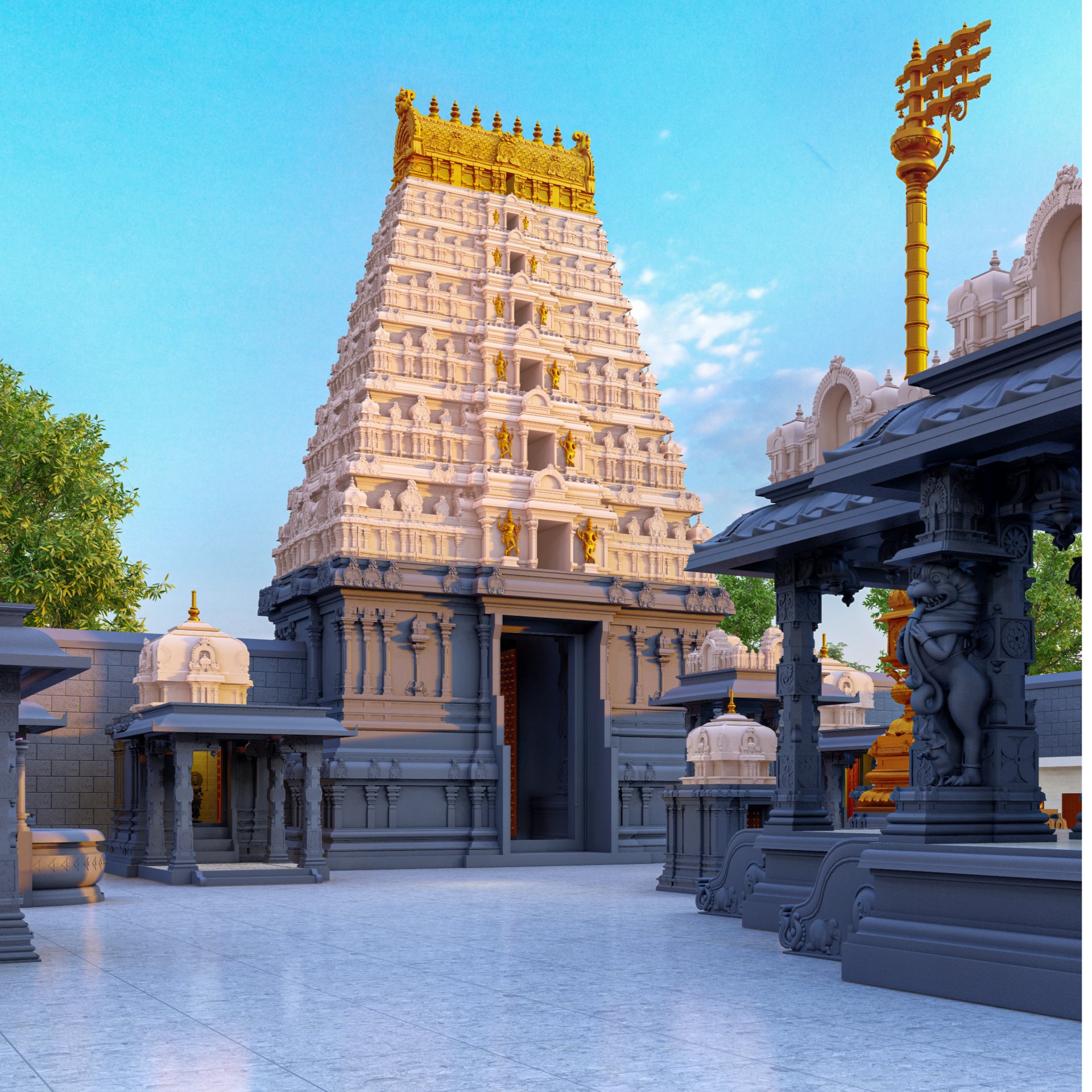
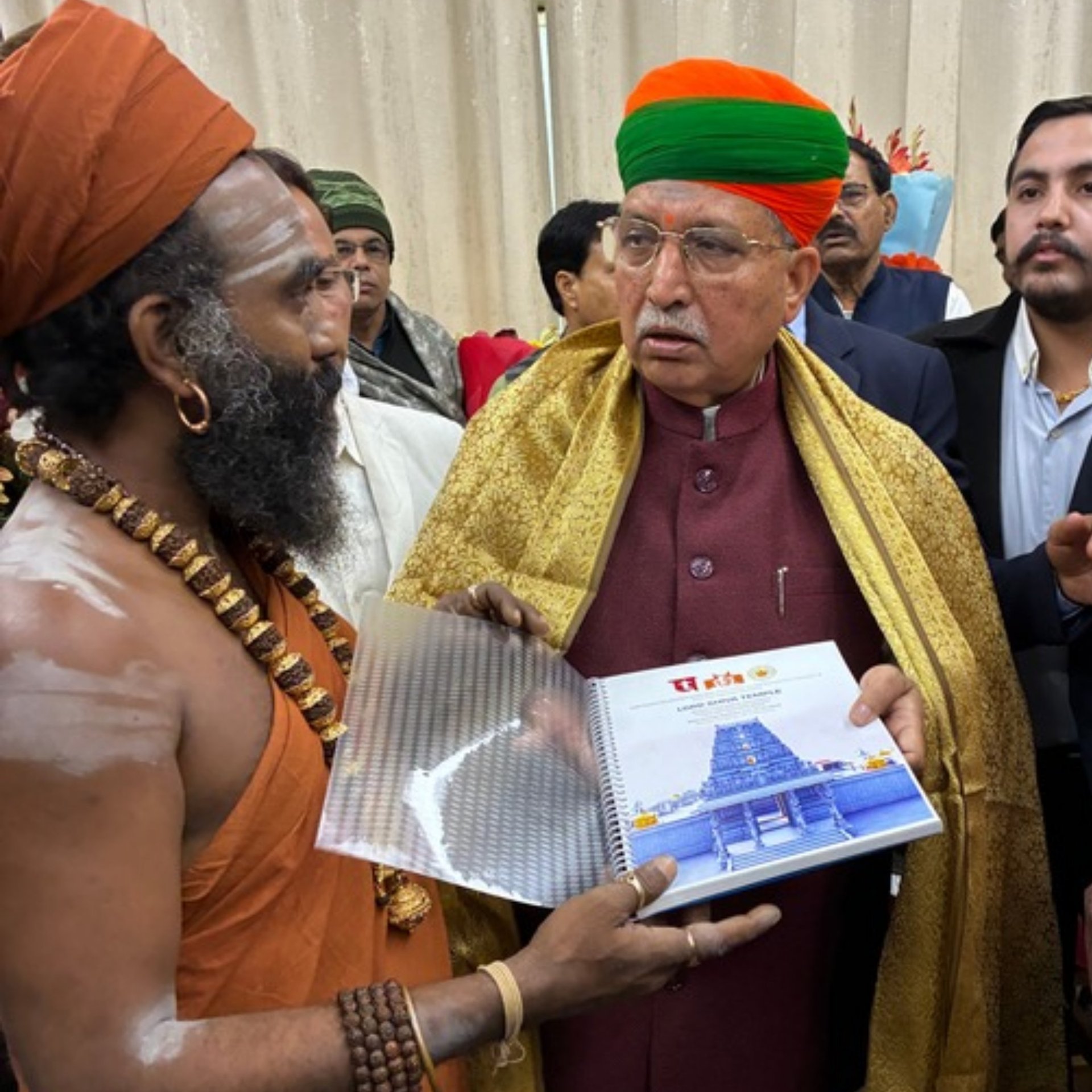

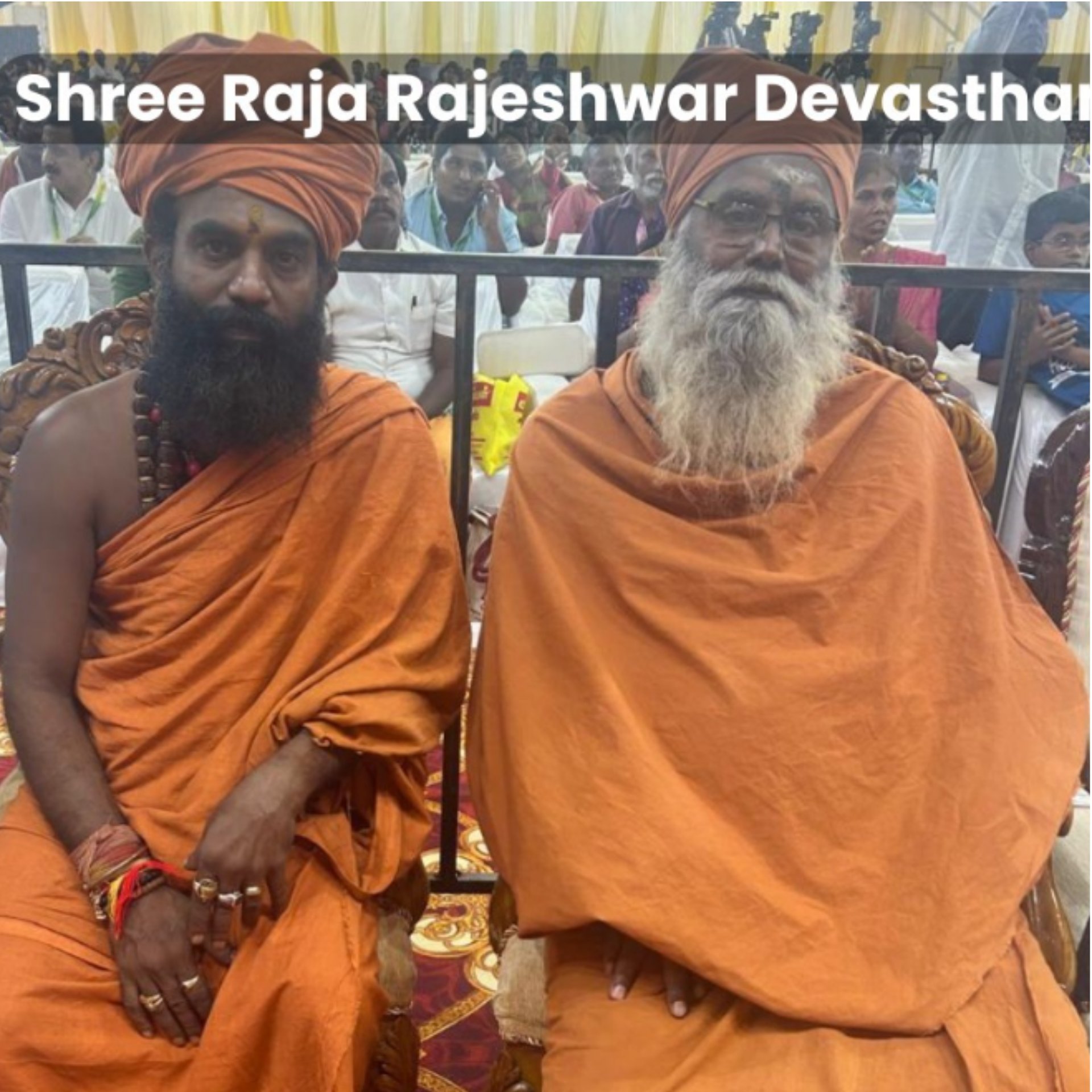
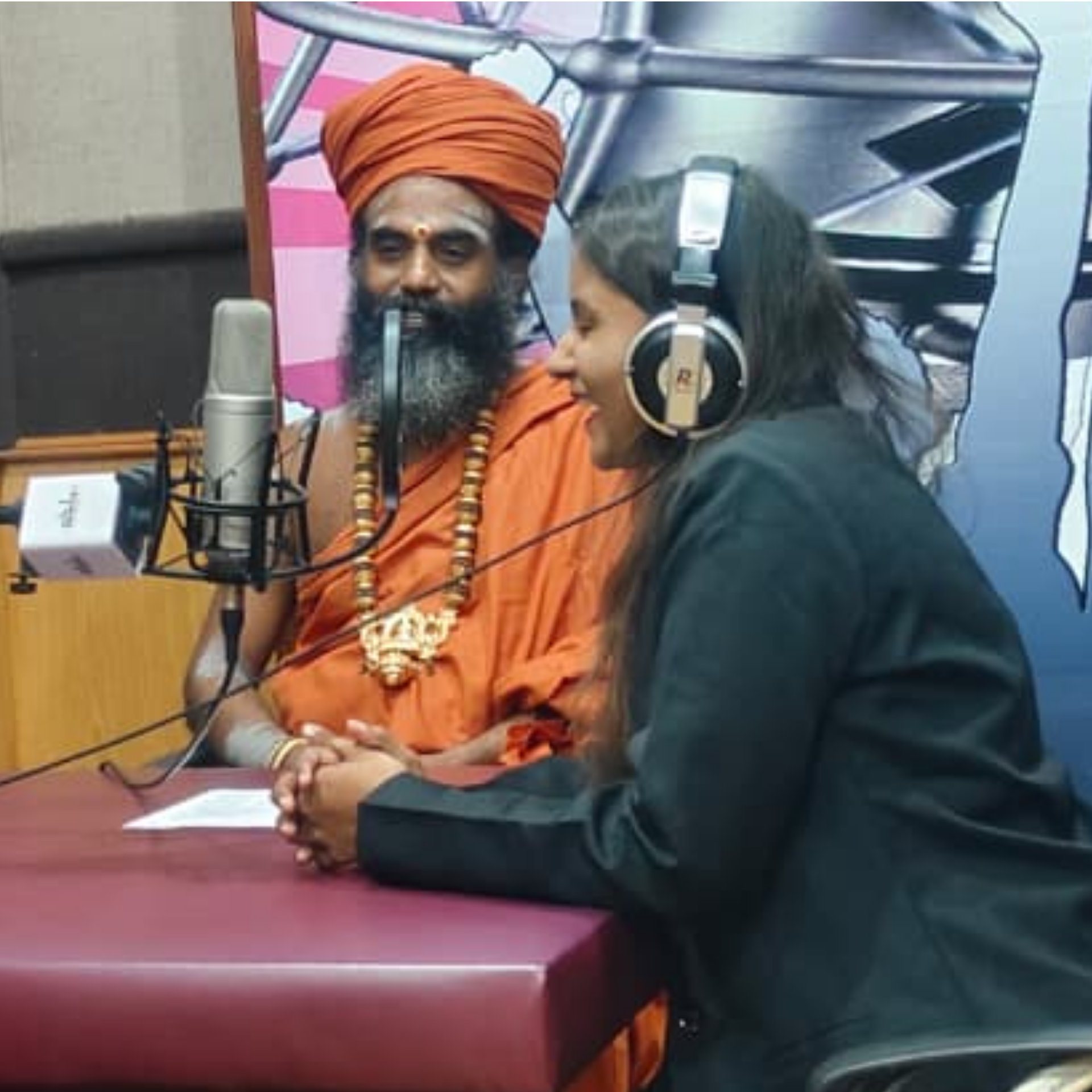

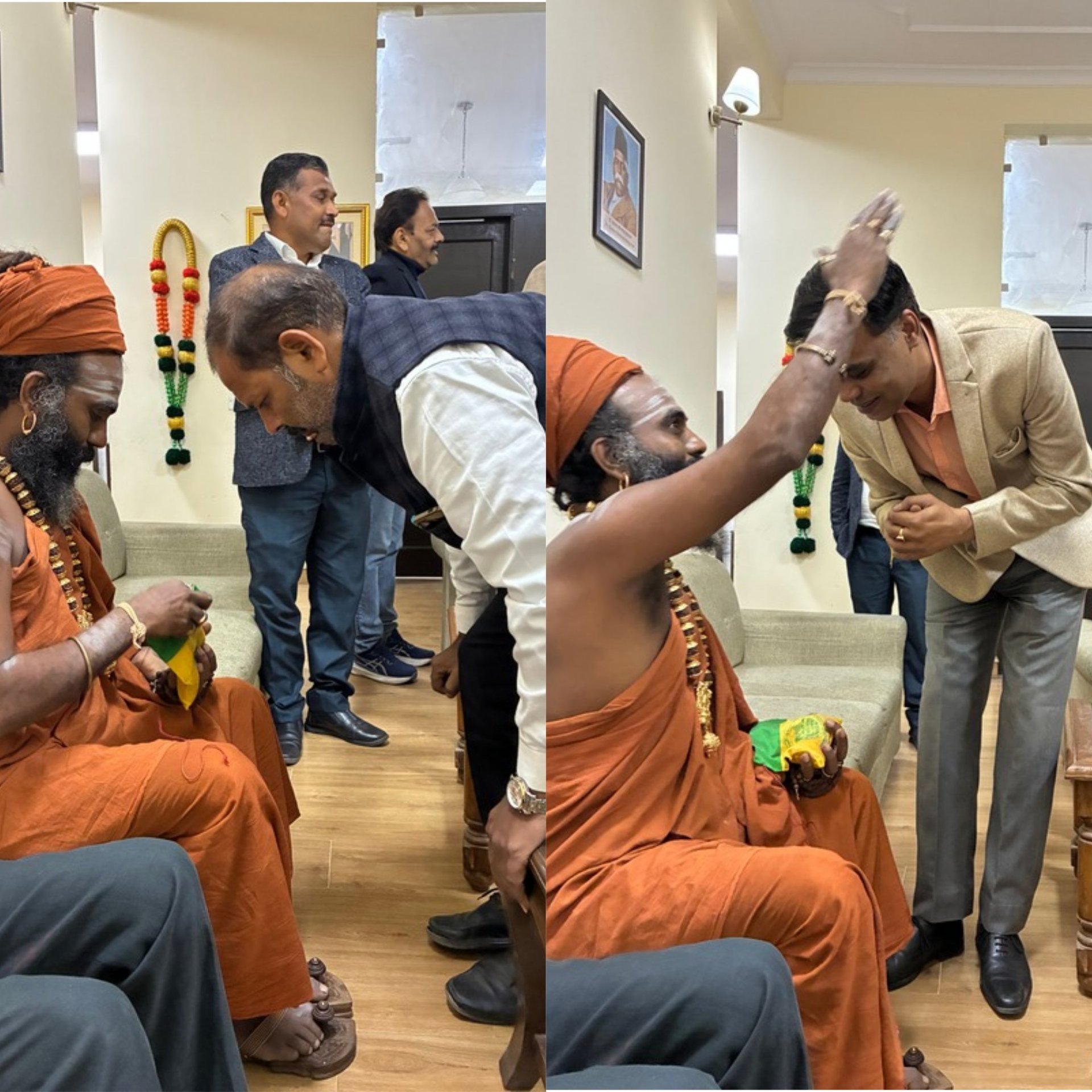
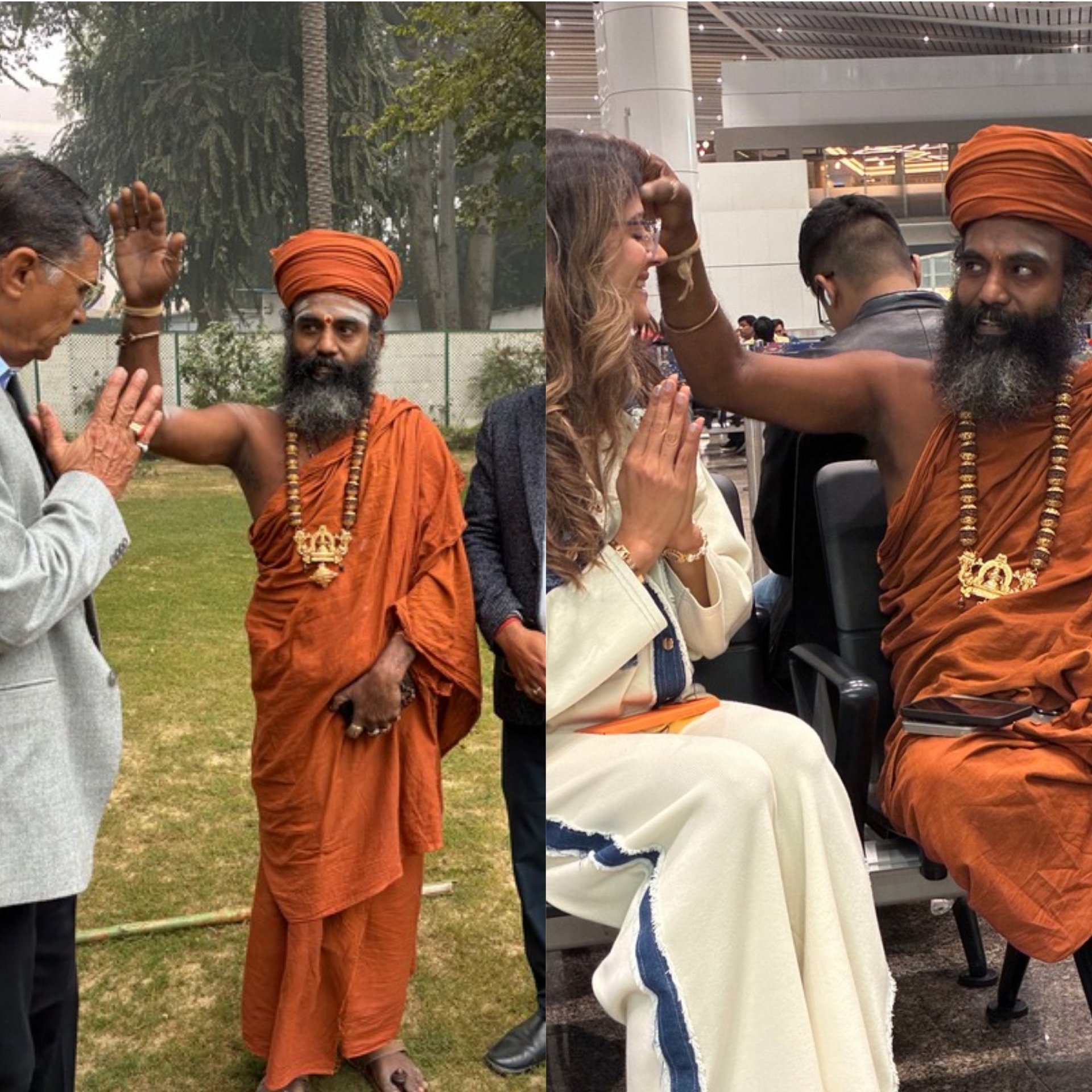
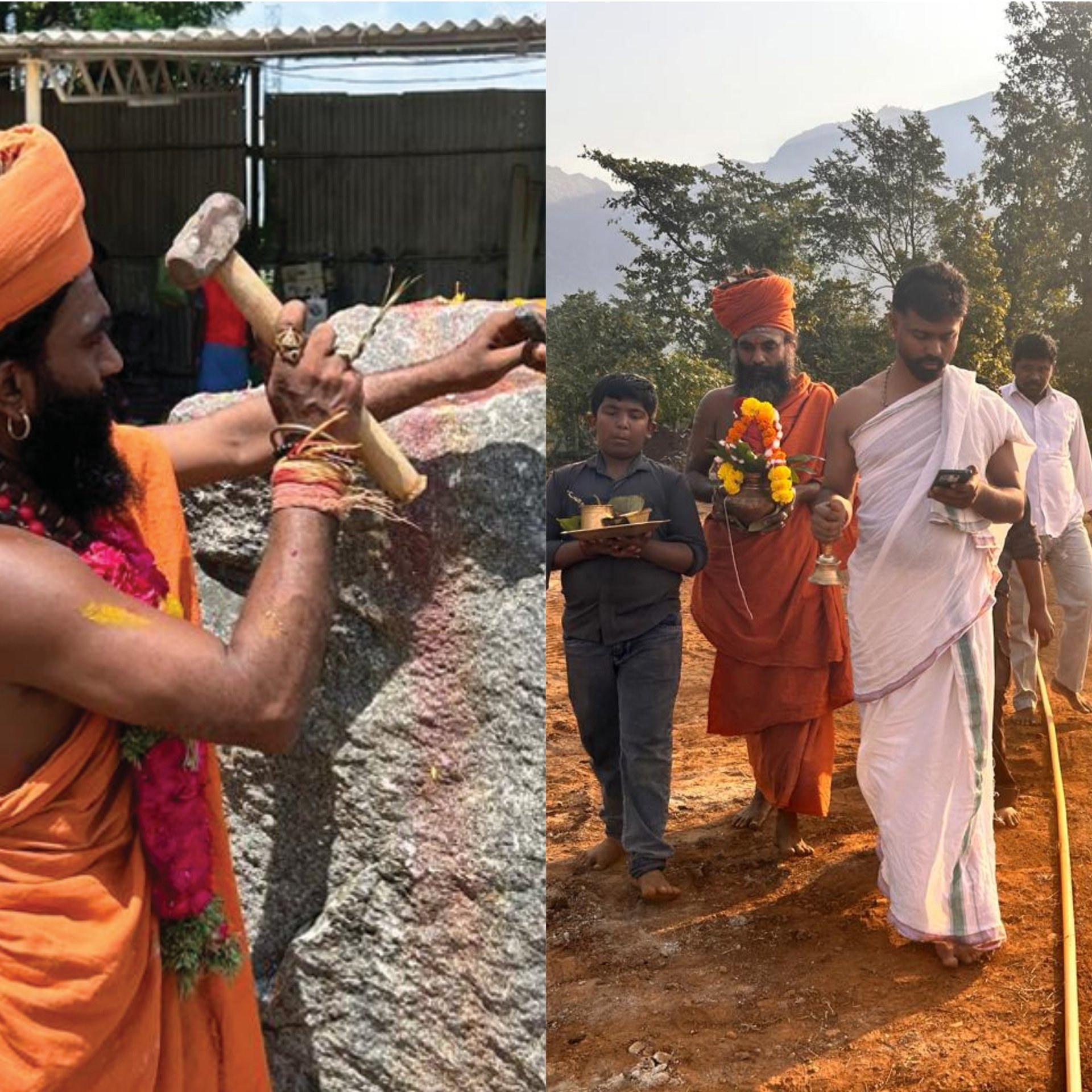
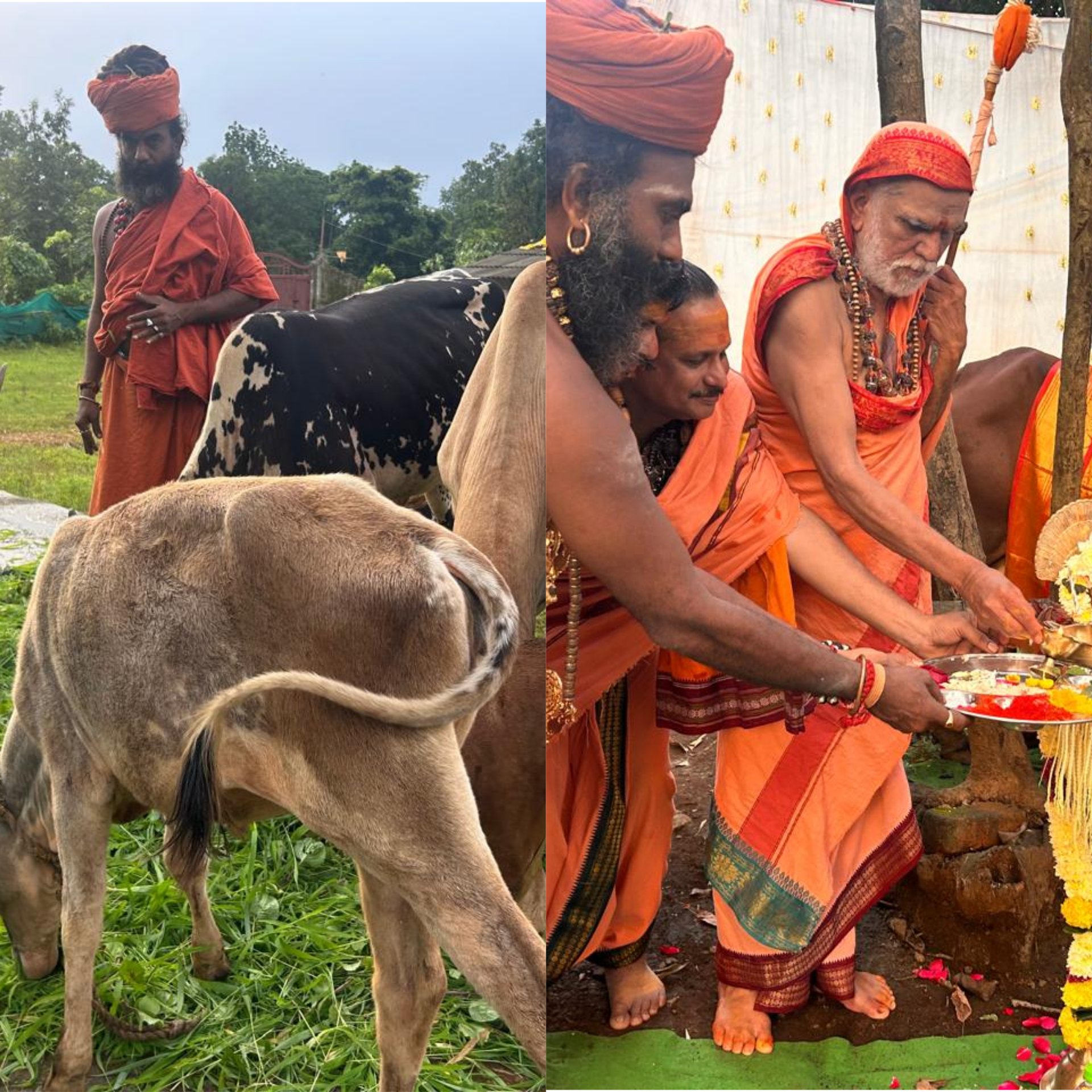
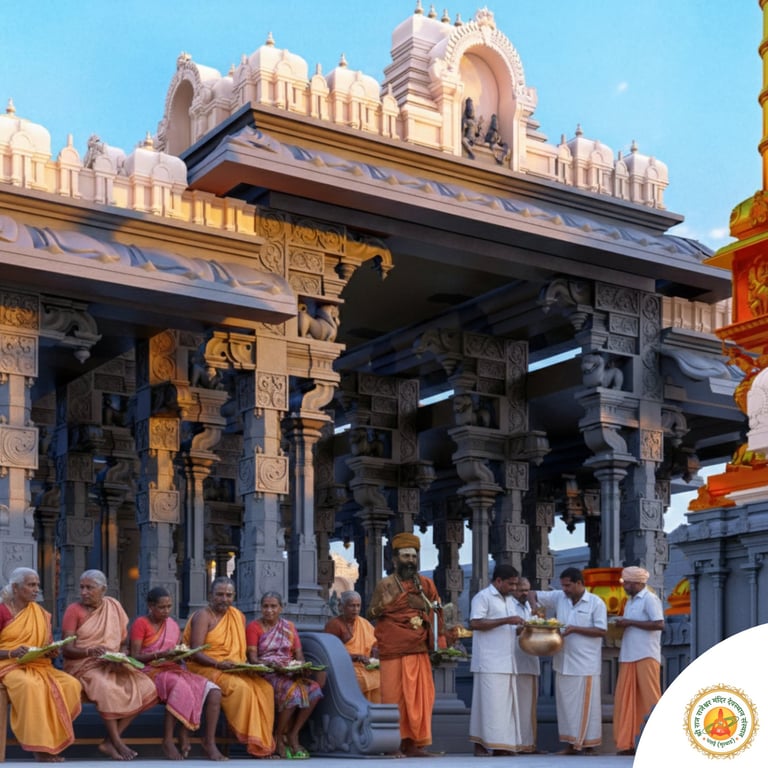





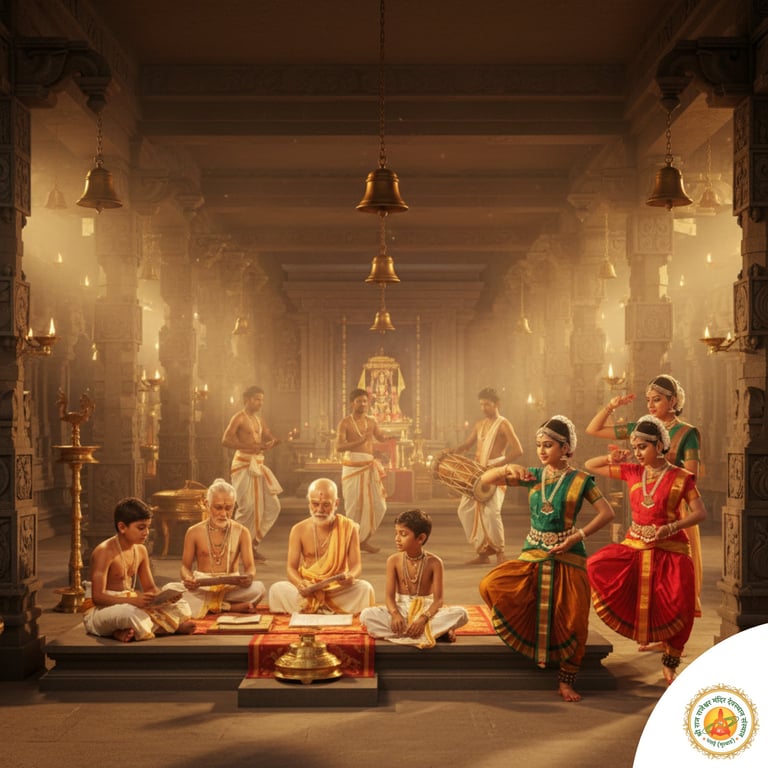

Social Service & Community Development









Temple Donation & Seva Contribution
Announcements & Notices
Shree Raja Rajeshwar Devasthan video Launch

On this sacred and historic occasion of Chhatrapati Shivaji Maharaj Jayanti, Shree Raja Rajeshwar Devasthan proudly announces the planned launch of the divine temple, marking a moment of spiritual awakening and cultural pride for our community. Celebrating the birth anniversary of the great warrior king who stood for dharma, courage, and self-rule, this auspicious day symbolizes strength, devotion, and unity. The temple launch on this significant day reflects our commitment to preserving our rich heritage and inspiring future generations with the values of righteousness and bravery upheld by Chhatrapati Shivaji Maharaj.
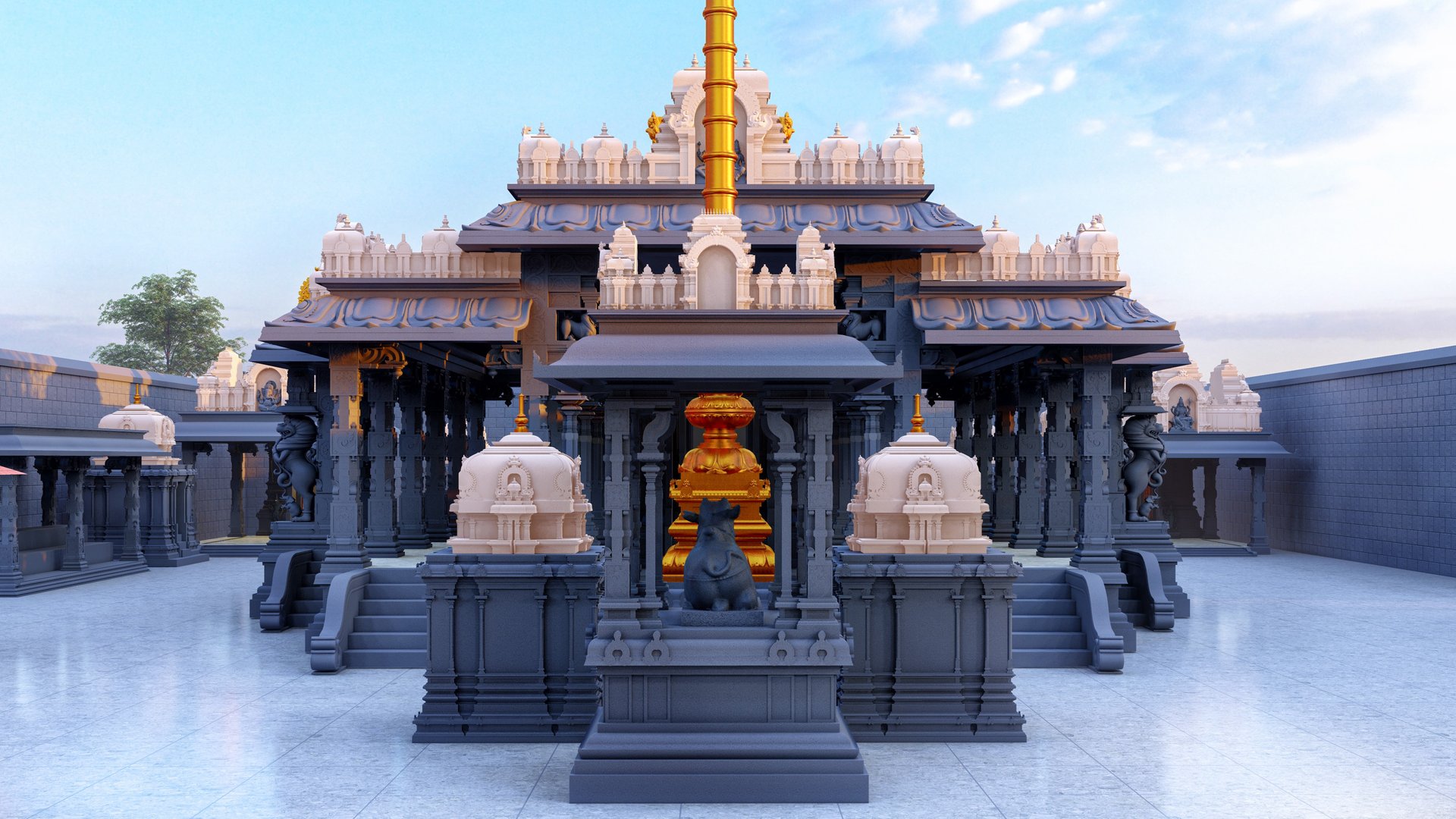
Temple Location & Contact
No 52/8 Madhvadi Taluka Murbad, Thane, Maharastra - 421401
Contact Number
connect@shreerajarajeshwardevasthan.org
+91 98337 55687
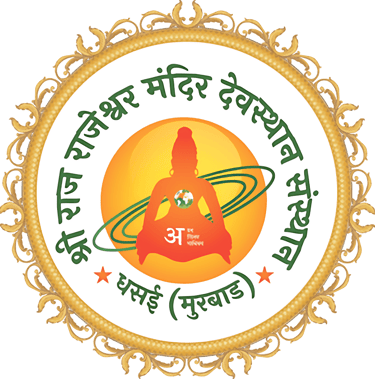

Social media & Updates



Testimonials / Devotee Messages
Discover what our clients think about our service
What stands out is how they’re not just focused on building a temple but also helping the needy. The nature surrounding the temple is also very attractive. Must visit.
Abhishek singh
Shree Raja Rajeshwar Devasthan is a true spiritual haven. Even though it's under construction, you can feel the energy and devotion in the atmosphere.
Priyanshu Yadav
★★★★★
★★★★★
About Shree Raja Rajeshwar Devasthan
© 2026 Shree Raja Rajeshwar Devasthan. All Rights Reserved
Preserving Dharma • Serving Society • Spreading Spiritual Light
Govt of India Reg: U94910MH2024NPL418233 - 12A: ABMCS6275KE20231 - 8OG: ABMCS6275K20241 - PAN: ABMCS6275K


A sacred center dedicated to Lord Shiva and Chandikka Devi, committed to the preservation of Sanatana Dharma, spiritual growth, cultural heritage, and community development.
Quick Links
About Devasthanam
Poojas & Sevas
Festivals & Events
Gallery
Poojas & Sevas
Social & Community Service
Annadhanam
Education Support
Cultural & Spiritual Programs
Legal & Trust Information
Trust Registration Details
Darpan ID (if applicable)
Privacy Policy
Terms & Conditions
Disclaimer
About Devasthanam
Darshan & Timings
Poojas & Sevas
Festivals & Events
Gallery
Abhishekam
Archana
Special Shiva Poojas
Chandikka Devi Poojas
Festival Sevas
Annadhanam
Education Support
SC & ST Development
Cultural & Spiritual Programs
Trust Registration Details
Darpan ID (if applicable)
Privacy Policy
Terms & Conditions
Disclaimer
Design & Development by myminz.in

